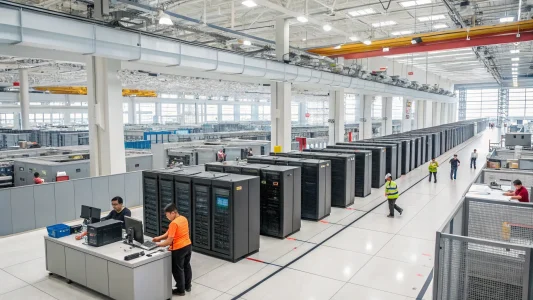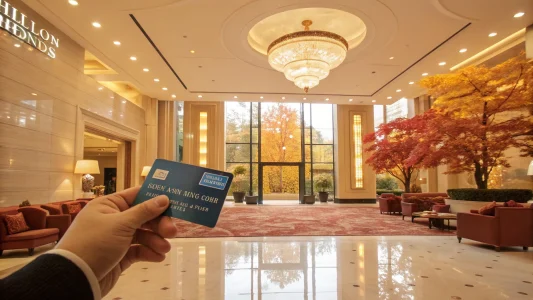In a significant victory for Apple and its competitors, President Trump on Wednesday announced plans to impose tariffs of about 100% on all imports of semiconductors, but he also carved out exemptions for tech companies that pledge to manufacture in the United States. The announcement came at the same time as a high-profile White House event honoring Apple’s $100 billion commitment to U.S. investments. Despite increasing its domestic commitments, the iPhone manufacturer has not yet moved the final iPhone assembly to the United States, a move that Trump has advocated on numerous occasions.
Apple invests billions into American manufacturing with tariff exemptions
Tim Cook, the CEO of Apple, who had previously obtained tariff exemptions during Trump’s first term, once again benefited greatly. Cook has long cautioned about the effects of broad tariffs on Indian and Chinese supply chains. Apple has so far escaped the most severe trade sanctions. “If you’re building, there will be no charge,” Trump said, confirming that investment in U.S. production would exempt firms from the new tariffs.
Apple intends to manufacture 19 billion chips in 24 American factories spread across 12 states, Cook said. “We’re going to keep hiring in America, and we’re going to keep building technologies at the heart of our products right here in America,” he said.
Apple’s latest pledge comes after the company’s $500 billion, four-year commitment in February, which analysts said essentially repackaged previous spending. Many of these announcements, according to critics, don’t actually create jobs or reshovel jobs. According to Craig Moffett of MoffettNathanson, “the market seems to believe that we’re in a pay-to-play world,” even though those investments are far less than truly reshoring manufacturing.
International impact
Trump also met with Jensen Huang, the CEO of Nvidia, on Wednesday. Huang’s company successfully lobbied for export policy relief and pledged $500 billion in U.S. investment. Apple and Nvidia have become two of the administration’s preferred tech companies.
In reaction to New Delhi’s purchases of Russian oil, Trump later that day levied an additional 25% tariff on Indian imports, bringing the total U.S. tariffs on Indian exports to 50%. The action highlighted the dangers facing Apple, which has recently moved iPhone manufacturing from China to India in an effort to diversify its supply chain.
Following news of the tariff exemption, Apple shares increased 5.1% on Wednesday and by an additional 3.5% in after-hours trading. Additionally, Taiwan Semiconductor Manufacturing Co.’s stock increased by over 3%.
Featured Image Credit: Pixabay; Pexels: Thank You!














